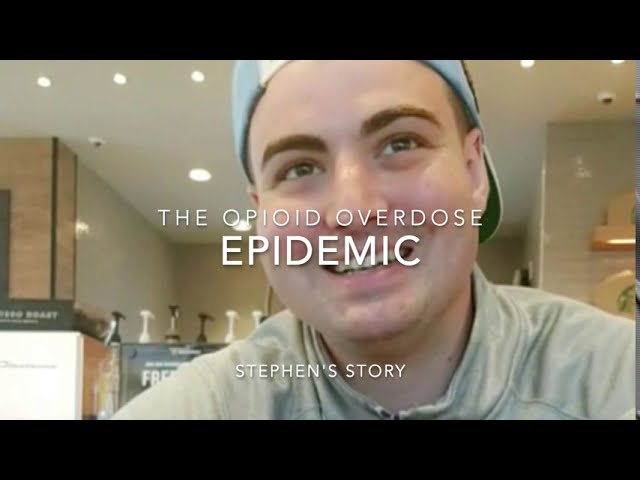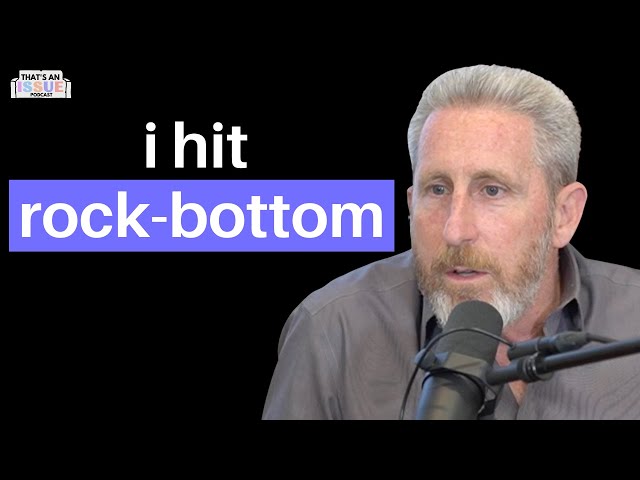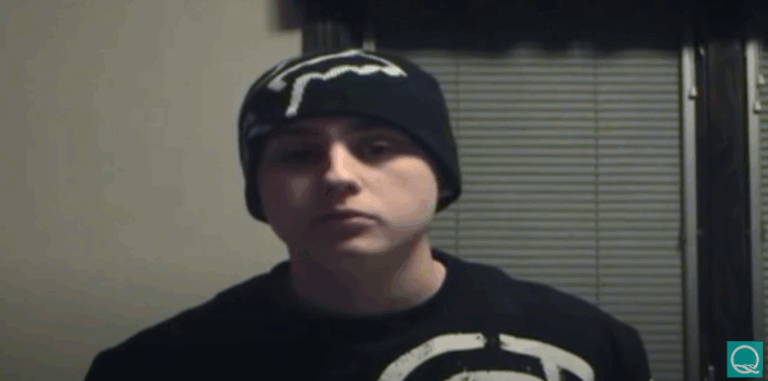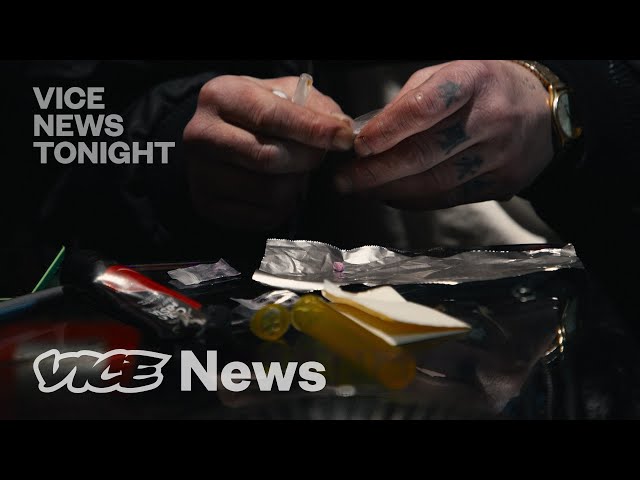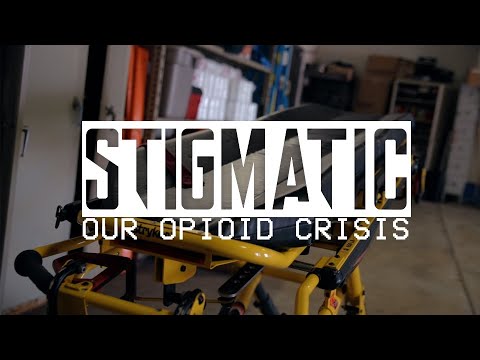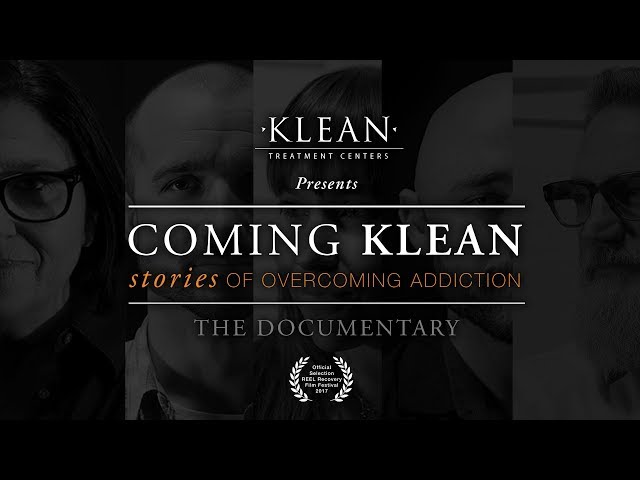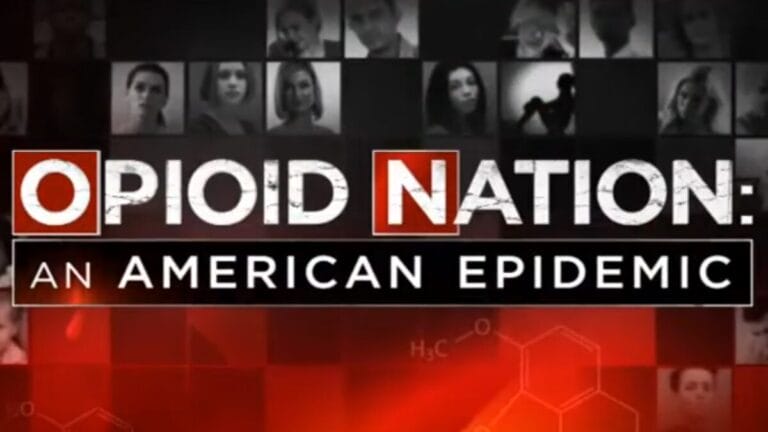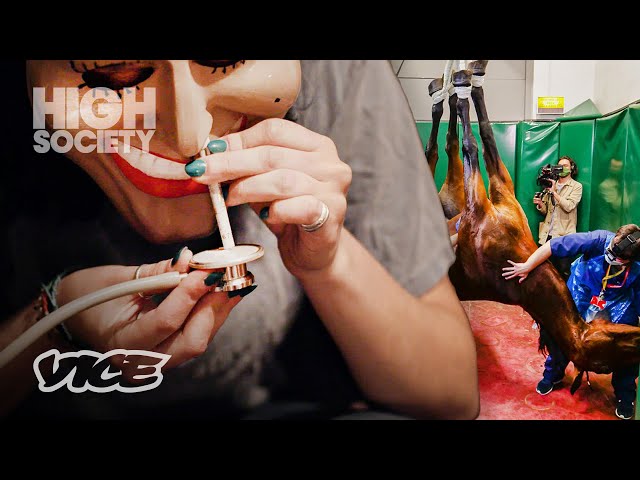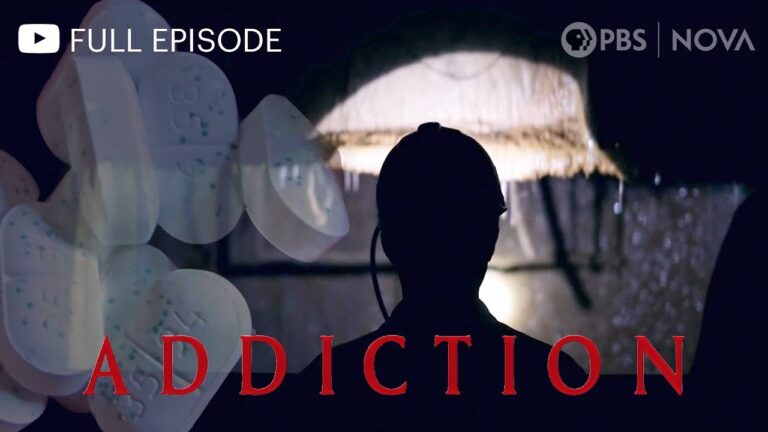Introduction
In this story, we’ll peel back the layers, speaking to people from Harvard doctors to people selling crack, and from the addicts fighting for survival to those who have escaped their addiction and now work to help others. Furthermore, we aim to uncover the deeper question of how methadone mile came to be. As we unravel this mystery, we’ll reveal how a single failed infrastructure project may be a key factor behind the hundreds now living in the streets of Boston. This episode is sponsored by Better Help. [Quote from video]
Watch Now!
Quotes
“The recovery process off of opiates is awful. First of all, you’re physically addicted and it’s miserable to come off the opiates. When you get addicted, your emotional connection, unfortunately, becomes with the drug itself and you tune out other people. So the minute you take the drug away you’re very lonely and you’re just kind of stuck in this awful place. And third of all, you’re dealing with all the chaos that you’ve created in your life.”
“I’ve been selling drugs since I was like 12. I learned how to chef when I was like 16. There’s always a bunch of risks but that’s what comes with it. You got to take risks to get rich – that’s my motto.”
“It honestly saved my life. I’ve been on drugs on and off for 10 years. I tried Suboxone, Sublocade, Vivitrol, all the shots. I’ve noticed Methadone is the one that really helped me the most.”
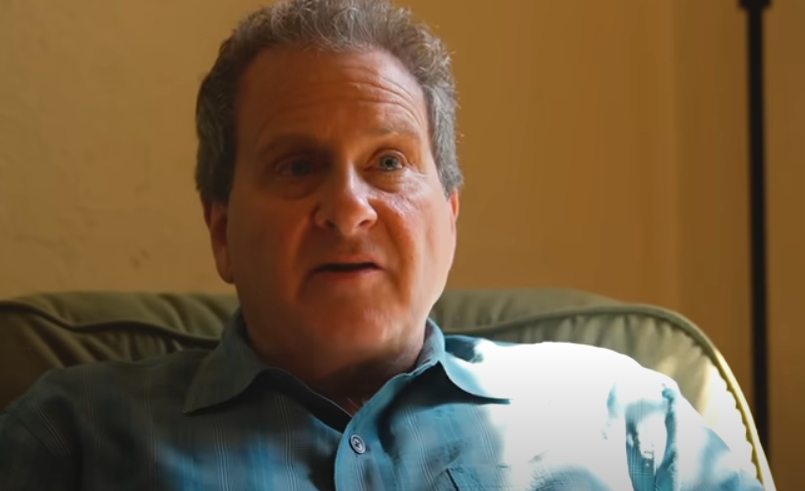
“Addiction has to do, a lot of times, with untreated trauma or untreated anxiety and depression in your life. These people need mental health care. I don’t know how these people manage to do it if they’re living on the streets – no health insurance, no job, no supportive community. We’ve really got to meet them where they are … getting them on medical therapy is the first step and making sure they’re not going to overdose.”
PETER GRINSPOON, MD
“I had a bad vision of harm reduction before but I think now the scope is we’d rather have the person alive on harm reduction than pass away. My only thing with harm reduction is most people get on it but they struggle to get off.”
“It feels almost like we’re watching the decay of America in slow motion. I mean, we’re this rich, prosperous country but we have these cities with all these addicts out in the street. We have abandoned buildings with wooden boards over the windows. It’s almost embarrassing because when most countries think of America they don’t think of this.”
Continue Learning
Hey there! I hope you found this resource useful! If you’re interested in learning more about some of the topics discussed, you can browse through these additional resources. Please don’t hesitate to contact me if you need help with anything else.
Medication-Assisted Treatment
- 2-Minute Neuroscience: Methadone
- Buprenorphine: Quick Start Guide [PDF]
- Buprenorphine for Chronic Pain: A Safer Alternative to Traditional Opioids
- How Are Methadone and Suboxone Different?
- How Do You Decide Between Methadone and Suboxone?
- How Opioid Treatment Medications Work on Your Brain
- Medication for Opioid Use Disorder
- Methadone Maintenance Therapy Versus No Opioid Replacement Therapy for Opioid Dependence
- Mothers & Methadone
- Opioid Agonist Therapy
- Opioid Substitution Therapy—Time to Replace The Term
- Part 1: Introducing Opioid Substitution Treatment (UK)
- What is Methadone? Methadone vs Suboxone for Treating Opioid Addiction
- What Is Opioid Pharmacotherapy?
Opioid Crisis
- Beyond Supply: How We Must Tackle the Opioid Epidemic [PDF]
- California’s Opioid Crisis
- Facts About Naltrexone [PDF]
- Fentanyl: America’s Grim New Opioid Addiction
- How America Got Hooked on Opioids
- How Good Intentions Contributed to Bad Outcomes [PDF]
- How the Government is Making the Opioid Crisis Worse
- Opioid Crisis: Addiction, Overprescription, and Insufficient Primary Prevention
- The Impact of the Deadly Fentanyl ‘Plague’ on One American City
- The Opioid Crisis in Canada: A National Perspective
- Understanding the Opioid Overdose Epidemic
- Unraveling the Start of the Opioid Crisis
- What Led to the Opioid Crisis – and How to Fix It
- Why Is There an Opioid Crisis?
Share Your Opinion
If you have finished reviewing this resource and have some spare time, I would greatly appreciate it if you could provide your opinion. Was it useful and informative? Did you run into any problems or find something distasteful? I’m thankful for any constructive and helpful feedback to help me improve.
* Your review will be for this specific post and as a result will affect the star rating of the resource. All submissions are reviewed for approval to filter out spam and inappropriate comments. Your email is requested as I may want to follow-up with you. Please also be aware that your review may be placed publicly on this website for others to read.
There are no reviews yet. Be the first one to write one.
